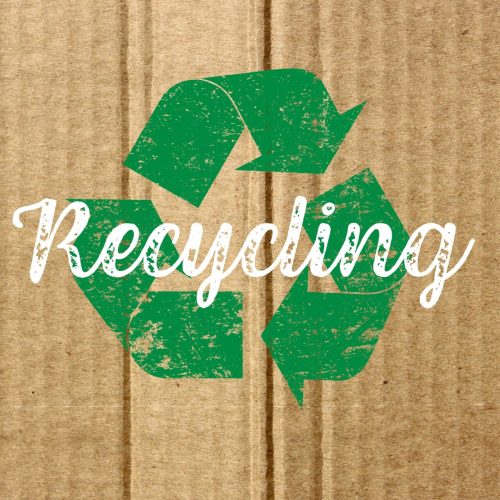
Στις μέρες μας λέγεται όλο και περισσότερα για την αναγκαιότητα προστασίας του περιβάλλοντος που ρυπαίνεται από τους ανθρώπους. Κάθε χρόνο περίπου 8 εκατομμύρια τόνοι πλαστικών απορριμμάτων πηγαίνουν στους ωκεανούς, πάνω από 10 εκατομμύρια...

Στις μέρες μας λέγεται όλο και περισσότερα για την αναγκαιότητα προστασίας του περιβάλλοντος που ρυπαίνεται από τους ανθρώπους. Κάθε χρόνο περίπου 8 εκατομμύρια τόνοι πλαστικών απορριμμάτων πηγαίνουν στους ωκεανούς, πάνω από 10 εκατομμύρια...
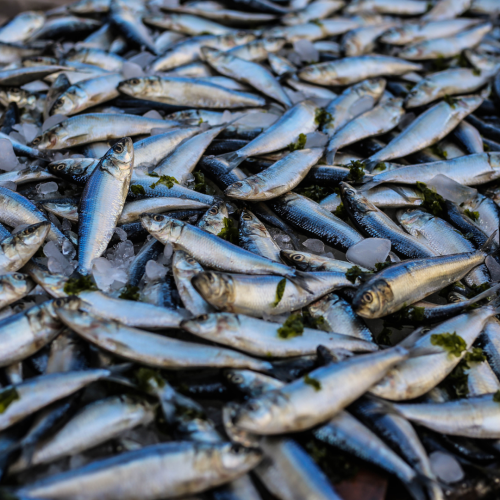
Η Ελλάδα είναι ένα παραδοσιακό ναυτικό έθνος καθώς η ναυτιλία είναι ίσως η αρχαιότερη μορφή ελληνικής κατοχής και αποτελεί βασικό μέρος της οικονομικής δραστηριότητας από την αρχαιότητα. Η Ελλάδα βρίσκεται στην κορυφή της...
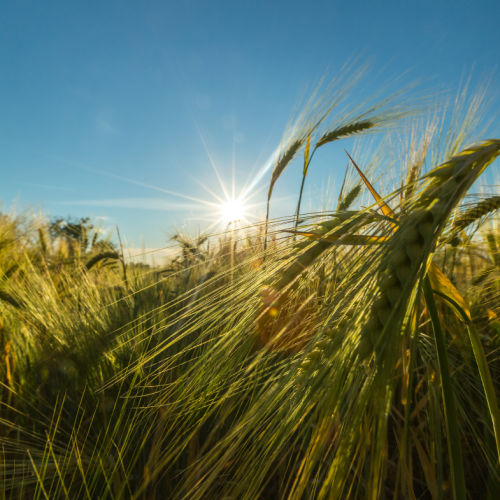
W Grecji sektor rolnictwa wytwarza niecałe 4% PKB i zatrudnia ok. 15% ludzi czynnych zawodowo. W rolnictwie Grecji przeważają drobne, rodzinne gospodarstwa rolne (65% ma 1-5 ha). Główne uprawy to: bawełna, oliwki i ryż, pistacje, migdały, winorośl,...

Greece is a traditional maritime nation as shipping is probably the oldest form of Greek occupation and has been a key part of economic activity since antiquity. Greece has been at the top...
Parki narodowe na terenie Hellady Na terenie całej Grecji znajduje się 12 parków narodowych, są to: Park Narodowy Parnasu, Park Narodowy Parnitha, Park Narodowy Samaria, Park Narodowy Vikos-Aoos, Park Narodowy Ainos, Park Narodowy...
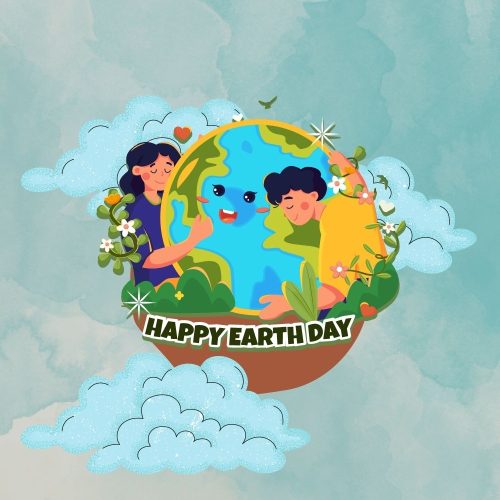
Clever electricity management is not only ecological, but also economical. Energy bills can really surprise and become a huge burden on the household budget. Among the many methods, it is worth choosing those...
W jaki sposób tak właściwie wykorzystywana jest energia słoneczna? Energia słoneczna wykorzystywana jest przez ludzi za pomocą paneli słonecznych. Są one skonstruowane z połączonych ze sobą ogniw słonecznych, najczęściej wykonanych z krzemu. Aktualnie...
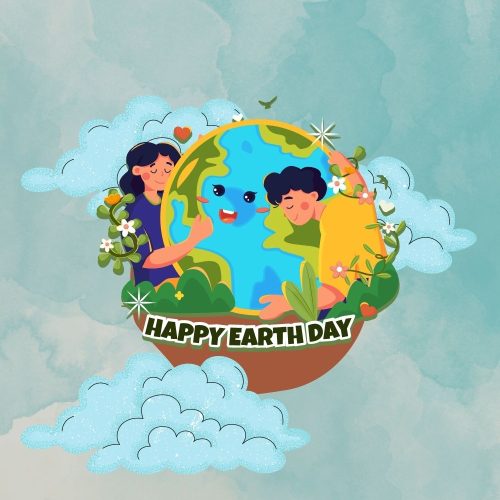
Mądre gospodarowanie prądem jest nie tylko ekologiczne, ale i oszczędne. Rachunki za energie potrafią naprawdę zaskoczyć i stać się dużym obciążeniem dla domowego budżetu. Spośród wielu metod, warto wybrać te, które najłatwiej będzie...

Grecja jest tradycyjnym narodem morskim, ponieważ żegluga jest prawdopodobnie najstarszą formą zajęcia Greków i od starożytności jest kluczowym elementem działalności gospodarczej. Grecja zajmuje od wieków najwyższe miejsca w rankingu dostępu do statków. Świadczy...
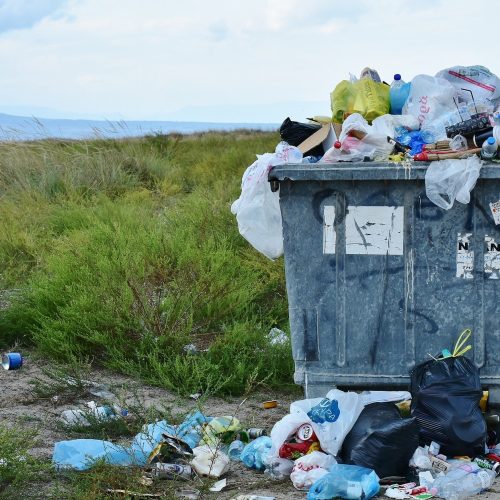
Our natural environment is still in terrible condition. One of main problems is littering caused by an increasing consumerism in many countries (including Greece). We – authors of this article – asked the...
Strona poświęcona Europejskim mobilnościom I Liceum Ogólnokształcącego im. Kazimierza Jagiellończyka w Sieradzu


© 2023 Created with Royal Elementor Addons